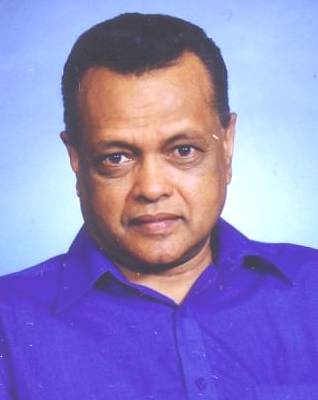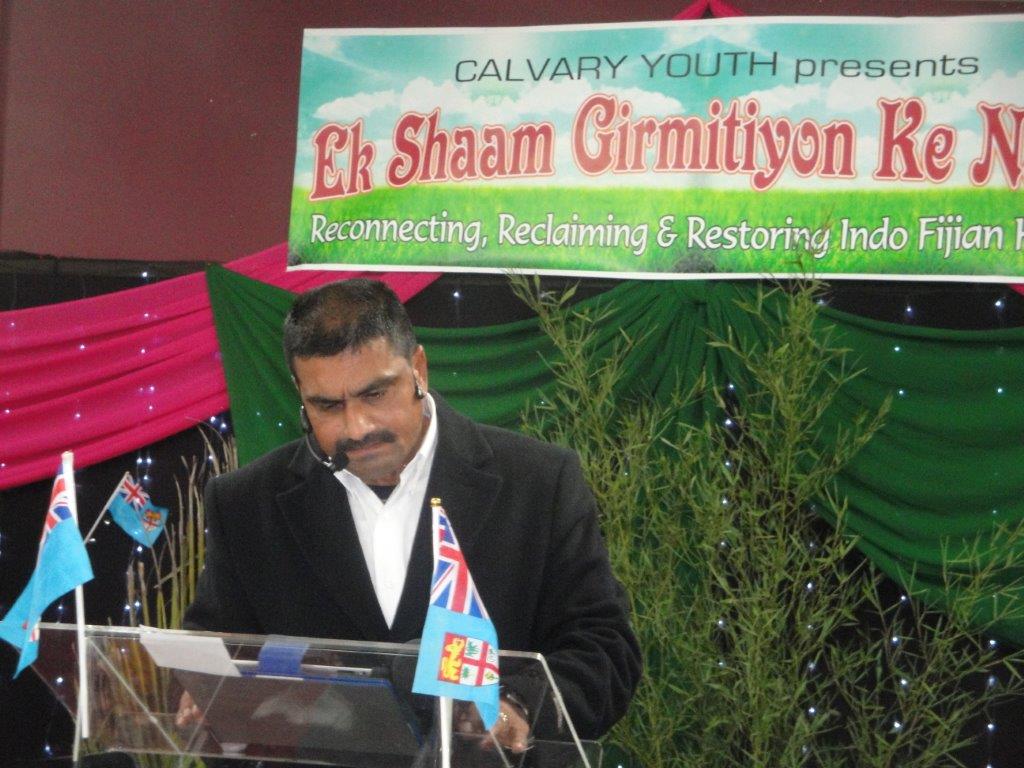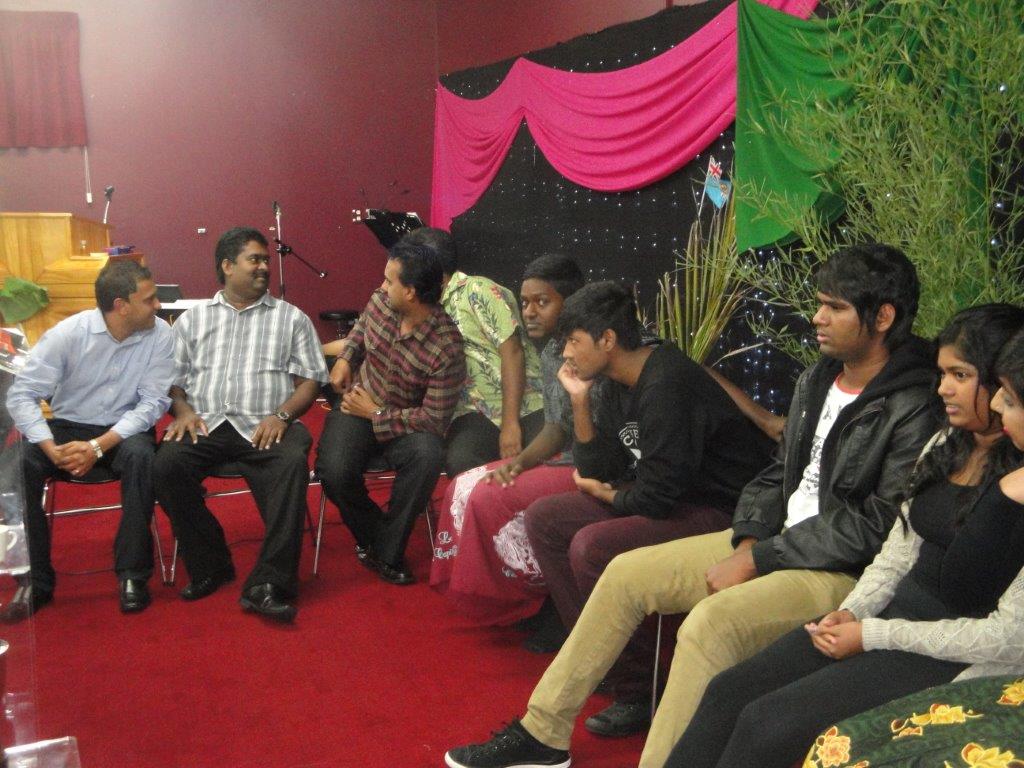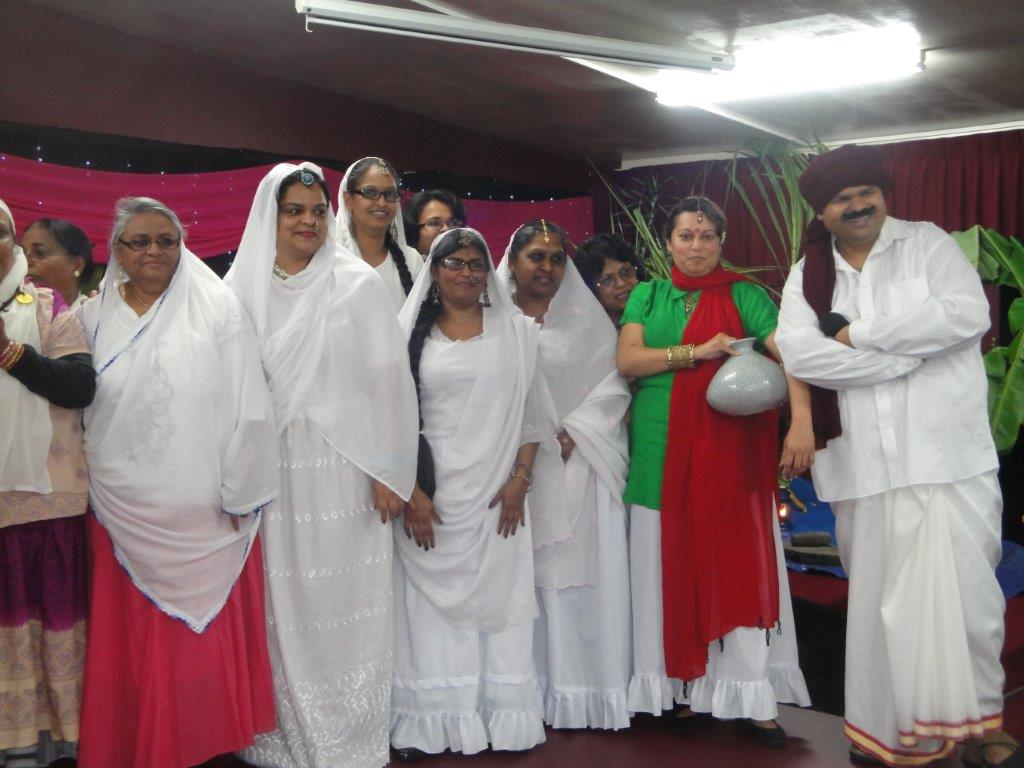 On the 134th anniversary of Girmit, there is a glimmer of hope that the Girmitiyas, warriors of toil and soldiers of peace, will eventually be remembered annually, as a ‘disconnected’ community ultimately becomes connected to its foundational history.
On the 134th anniversary of Girmit, there is a glimmer of hope that the Girmitiyas, warriors of toil and soldiers of peace, will eventually be remembered annually, as a ‘disconnected’ community ultimately becomes connected to its foundational history.
This sense of optimism is based on two events that took place in Auckland, reaching worldwide audience.
One was organised by the Calvary Indian Assembly of God Church on May 17 and the other by the Fiji Girmit Foundation New Zealand at the Skipton Hall, Papatoetoe on May 18. Both drew sizable audience.



Isolated Memorial
However, the greatest challenge, to ignite this spirit rests with the Fiji Girmit Council and Indo-Fijians in Fiji. They have established a memorial site and a building that looks isolated, lonely, sad and deserted.
It sprang up in haste, following the 100th anniversary (1979) and within a few years the sheen and shine was gone, as a memorial for the martyrs of Girmit became a shame of a community that has failed to realize, leave alone appreciate, the size and the legacy of the martyrdom.
The Youth Ministry of Calvary Indian Assembly of God Church organised an evening called, ‘Ek Shaam Girmitiyon Ke Naam’ (An Evening of Tribute to Girmitiyas) on May 17. It stuck a sombre note in the hearts and minds of the audience as never before.
 All the members of this Church (over 400) are from Fiji and they sat enthralled by the presentations made in remembrance of the Girmitiyas.
All the members of this Church (over 400) are from Fiji and they sat enthralled by the presentations made in remembrance of the Girmitiyas.
A Bidesia (a folk song meaning ‘A Lamentation) composed in the sugarcane fields of Fiji by the Girmitiyas, capturing their pain, suffering and angst, was sung in traditional tune, accompanied by traditional music.
Speakers strongly alluded to the theme ‘reconnecting, reclaiming and restoring Indo-Fijian history,’ which was noted for its absence in school curriculums.
Manju Verma, a senior social worker with Child, Youth and Family spoke about the violence during the Girmit and its impact on successive generations.
She had closely observed the residual effect of violence on successive generations, perpetrated during the Girmit.
Apt attire
Ron Chandra, the Master of Ceremonies, stole the show, wearing dhoti, shirt, pagdi and moustache. Other men were also dressed in traditional attire but the women were not to be outdone, as they came clad in lehnga, the traditional top with veiled heads that added an aura to a memorable evening that brought tears, joy and celebration beyond everyone’s expectation.
Those wearing traditional attire proudly displayed their costumes, which brought wide applause and evoked memories of an era, when clothes were essentially worn to cover the human body in accordance with the societal norms.
What was the norm then is now being chiselled into fashion and merged into contemporary fashion.
Interestingly, the Indian Sari has defied change and retains the same charm and dignity that gave Indian women a place of distinct identity in the world of fashion.
The evening concluded with a feast of supper that was specially prepared by qualified chefs who are members of the church.
Annual Meeting
The occasion ignited a thirst for knowledge on Girmit and reconnection with our Girmitiya forebears and preparations are now underway to make it bigger, better and brighter for the 135th anniversary next year.
The occasion is to reflect the spirit of the Girmitiyas that transcended the barriers of race, religion or caste, allowing others to share the occasion, as they did in their pain and suffering during the Girmit.
Consequently, Pastor Andrew Pratap pledged that next year the doors of the Church will be opened to all descendants of Girmitiyas to share an evening with the Church members. Display of Girmit artefacts and Girmit Dinner is expected to precede the function. People will be encouraged to wear traditional clothes, which will be a physical manifestation of an era that evokes varied feelings and emotions.
Rajendra Prasad is a thinker, columnist and author of ‘Tears in Paradise Suffering and Struggles of Indians in Fiji 1879-2004.’ The book, released by Sir Anand Satyanand (who was then an Ombudsman) at the Ellerslie War Memorial Hall on August 21, 2004 and thereafter in many other parts of the world has now run into several editions. It is a tearful account of a tumultuous past. Every person keen on understanding the cruel fate of a lost generation, especially Indo-Fijians, must read the book to understand the trials and tribulations of their ancestors. The book can be purchased by contacting Mr Prasad. Email: raj.prasad@xtra.co.nz




